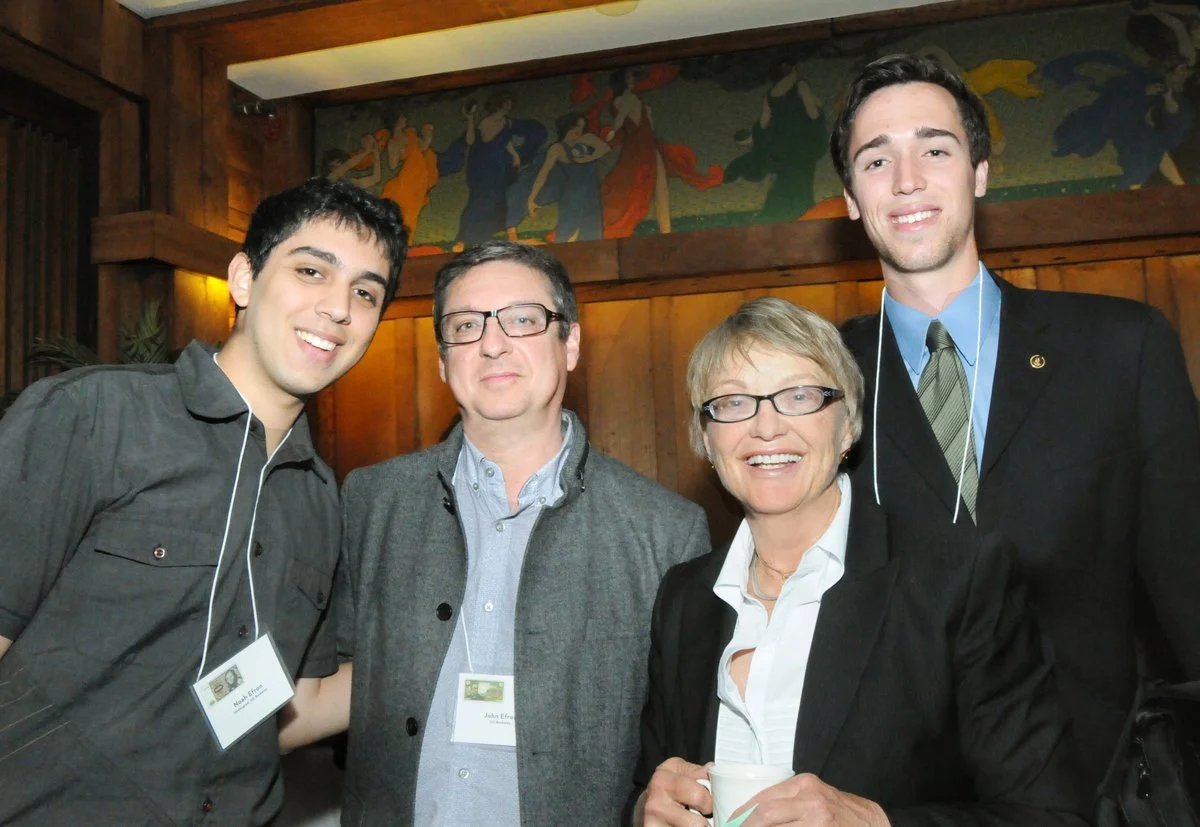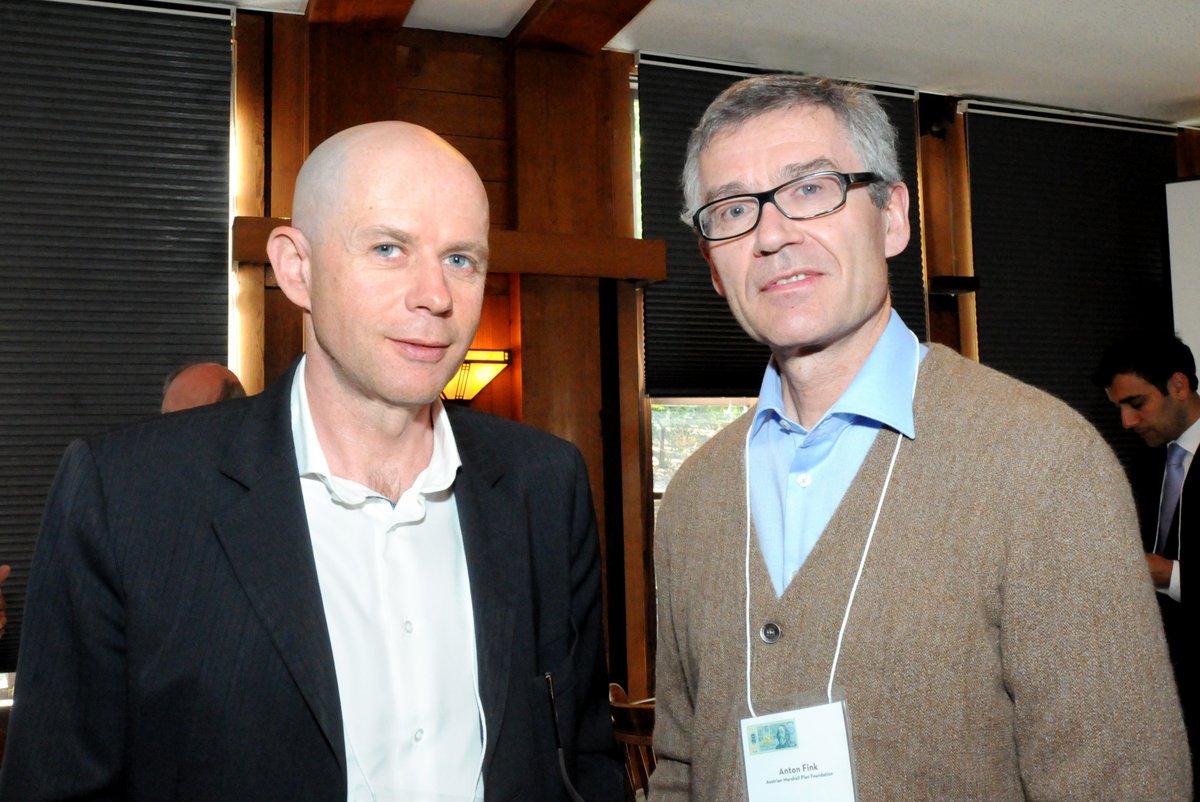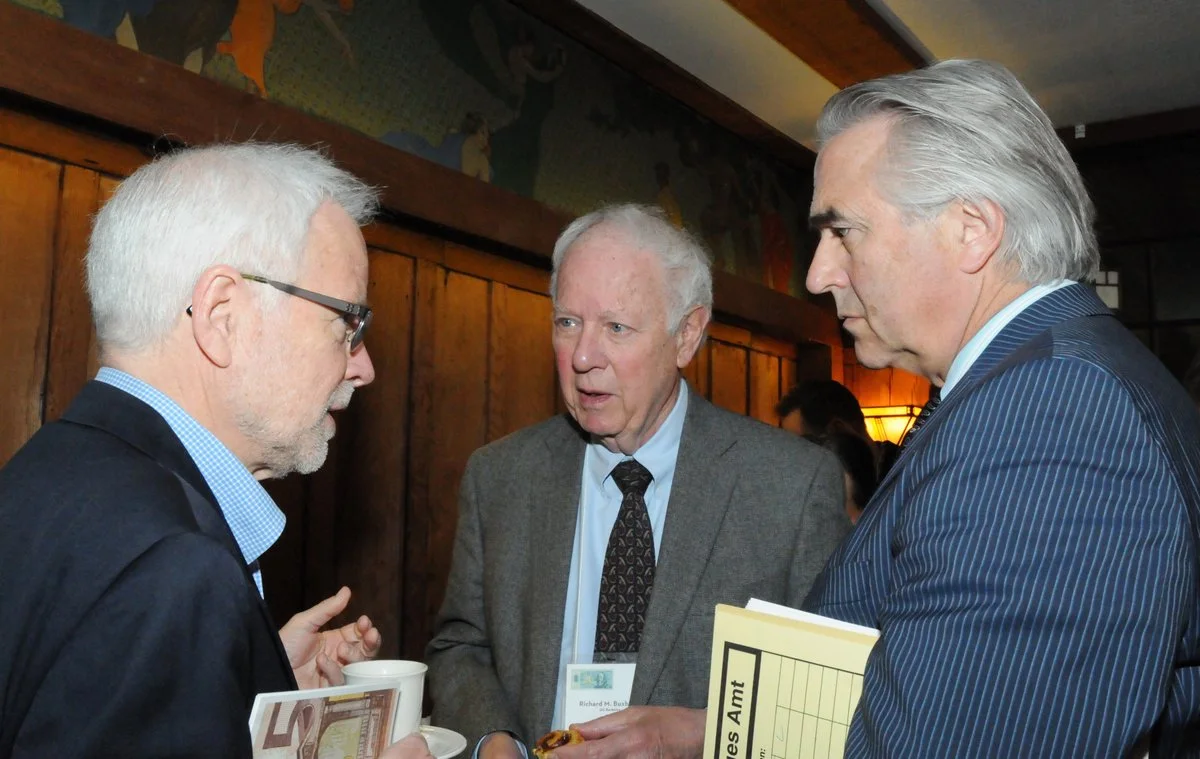
CONFERENCES
The Future of the Euro: lessons From History
The Future of the Euro: Lessons from History, a conference sponsored by the Austrian Marshall Plan Foundation and the Austrian National Bank, was held at the University of California, Berkeley on April 16, 2013. The event focused on the following questions: Will the Euro survive? Should it survive? Will the current crisis lead to the banking, fiscal, and political union ultimately required for monetary union and envisioned when the euro was created?
Or will current efforts to stabilize the monetary union with only limited moves in the direction of banking, fiscal and political union suffice to save the euro? Is there danger that pressure for deeper integration will only worsen the “democratic deficit problem” and create a backlash against the larger European project?
The Future of the Euro Conference was distinctive in two ways. First, it highlighted the importance of an historical perspective for the understanding of present and future trajectories in the eurozone and in Europe as a whole. It explored what history might be able to teach us about the options for a eurozone characterized by divergence between a rich, competitive core and an impoverished, uncompetitive periphery, as well as the institutional options that might be necessary for stability and growth in Europe as a whole.
Perhaps historical precedents—e.g. the success of monetary union in the United States, in reunified Germany, or the 19th Century success of the Gold Standard have something to tell us about the requirements for success in preserving the euro. What price was paid for these and other successes? What can past failures — e.g. the Latin Monetary Union, the Austro-Hungarian currency zone, the ruble zone, the Gold Standard in the 20th century — tell us about the likely consequences of a euro break-up and the fate of countries that abandon a currency regime? To what extent does the size of the eurozone and its importance in the global economy make historical comparisons difficult if not impossible?
Second, by keeping the number of participants relatively small, this conference encouraged fruitful and wide-ranging discussion.
It consisted of four panels:
Political Union
Banking Union
Fiscal Union and
Monetary Union
PARTICIPANT MEMOS
I. Political Union
Benjamin Jerry Cohen
Talking points
Harold James
Talking points
J. Bradford DeLong
Talking points
II. Banking Union
Richard Sylla
Talking points
Hugh Rockoff
Talking points
Kris James Mitchener
Talking points
III. Fiscal Union
John Wallis
Talking points
C. Randall Henning
Talking points
IV. Monetary Union
Joachim Voth
Talking points
Michael Bordo
Talking points
Lars Jonung
Talking points
In the News:
Interview with historian James Harold on the occasion of the conference „The Future of the
Euro: Lessons from History“ at the University of California, Berkeley.
[in German]: Click to open .pdf
Interview with Barry Eichengreen:
Starökonom fordert mehr Geld für die Banken und stärkere Medizin
Eichengreen: Banken in Ordnung, der Rest ist "Nebensache"
[in German]: Click to go to page
[in German]: Click to open .pdf
Generous support from the following sponsors is gratefully acknowledged:
Austrian Marshall Plan Foundation
European Union Center of Excellence, UC Berkeley
Institute for European Studies, UC Berkeley
Images:





























